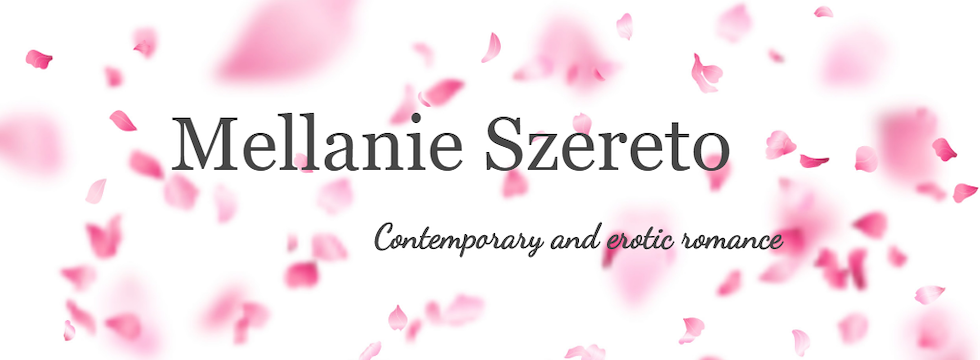Welcome to Writing Tip Wednesday! A writing career consists of much more than writing stories. Be prepared. Be educated. Make well-informed decisions. For writing craft topics, see the Labels list in the left sidebar as you scroll down the page or check out my handbook in e-book or print.
Authors have many choices in today’s publishing world—traditional, small press, digital first, e-press, self-pub. The best part is being able to choose more than one, otherwise known as Hybridization.
What makes a hybrid author?
A writer who uses two or more publishing platforms for her work is said to be a hybrid author. Examples: a series contracted to an e-press, a different series self-published, another series published by a digital-first publisher, and a three-book contract with a traditional publisher OR two self-published books and a series published by an e-press with POD. Any combination of traditional, e-published, and/or self-published is defined as hybrid.
Why go hybrid?
By publishing through multiple venues, an author builds a strong foundation for her career. If one publisher goes out of business, she has other publishing options to make her work available to readers. Income stops from only one source.
Publishers can and do shut their doors. It happens quite often with small e-publishers. Some are in business to make money from authors’ books by not paying royalties on time or at all. If an author chooses to write for a single publishing company, she risks losing her sole source of writing income.
The Big 6 has shrunk to the Big 5 and will likely fall to the Big 4 soon. If a traditionally published author is dropped by these less-risk-taking publishers, she needs a safety net in place. Starting over with a new publishing house is difficult for the vast majority of writers. Expanding, while having an existing career, isn’t nearly as stressful.
Not all royalties are paid on the same schedule. Hybrid authors may receive payments more frequently than single-house authors—monthly, quarterly, or biannually, depending on the publisher or self-publishing venue.
More publishing platforms can mean more exposure and more readers. This is especially true of e-presses (digital only, digital first, and digital/print). Many have loyal customers because they have a large selection of genre- or sub-genre-specific books. When buyers encounter new authors on the site, they often purchase based on their experience with the publisher.
Although self-publishing currently yields higher royalty rates, those rates may decrease as supersized vendors adjust their business plans. What is now a 70% royalty on a $3.99 book may become 60% or lower without much warning.
Diversification gives authors a bit of job stability in these unpredictable days. Keep the options open and look out for that writing career. What’s your backup plan?
Mellanie Szereto
Romance...With A Kick!

No comments:
Post a Comment